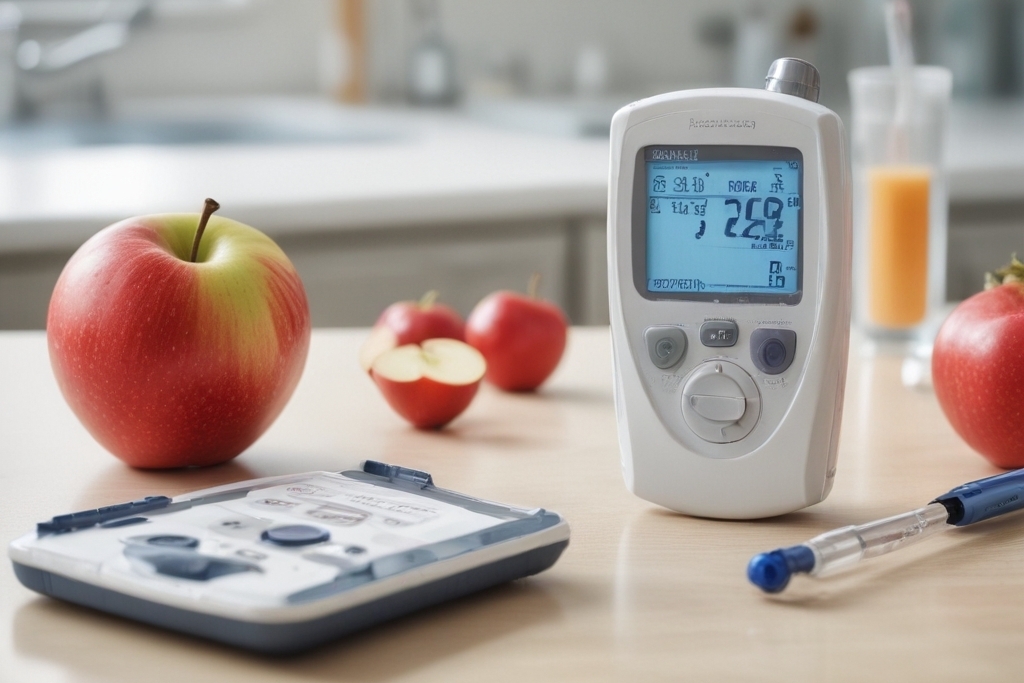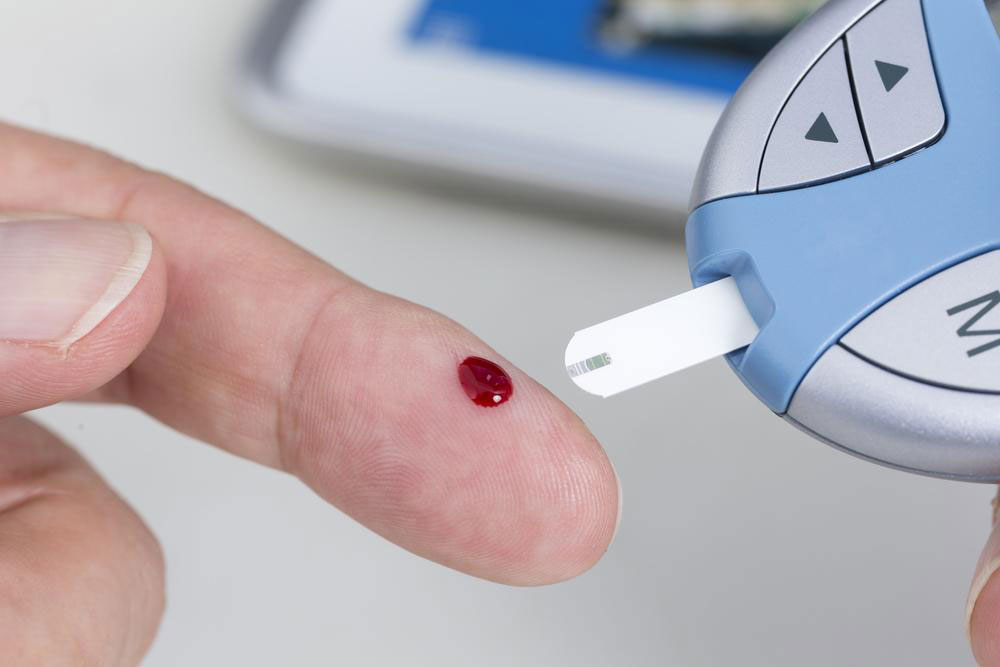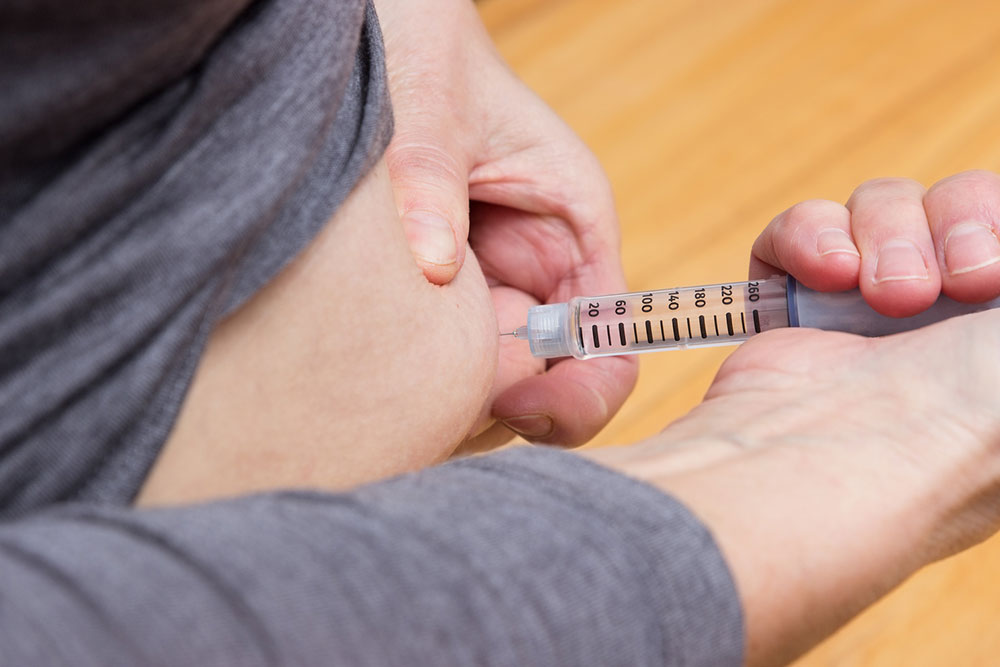A Guide to A1C Targets for Older Adults: Key Insights
This comprehensive guide explains optimal A1C levels for seniors, highlights the importance of regular testing, and provides practical tips for maintaining healthy blood sugar control. Customized targets based on health status are emphasized to prevent complications and promote quality of life in older adults.

A Guide to A1C Targets for Older Adults: Key Insights
Managing blood sugar effectively is vital for seniors with diabetes. The A1C test, also called HbA1c, measures your average blood glucose over two to three months. Knowing the ideal A1C range helps in optimizing health and reducing risks. For healthy seniors, an A1C below 7.0% is common. Those with other health issues may aim for 7.5%–8.0%, while frailer individuals might accept levels up to 8.0% or higher to prioritize quality of life. Regular testing assists healthcare providers in tailoring treatment plans for better management and fewer complications.
Why Regular A1C Monitoring Matters
Tracking A1C levels offers insights into long-term glucose control, guiding medication adjustments and lifestyle changes. It helps detect patterns in blood sugar trends, allowing timely intervention to prevent severe health issues. Maintaining balanced blood sugar levels is key to avoiding nerve, eye, and kidney problems common in diabetes. Seniors should work closely with their healthcare team for personalized goals and consistent monitoring to ensure optimal health outcomes.
Tips for Maintaining Healthy A1C Levels
Adopting a nutritious diet high in whole grains, vegetables, lean proteins, and healthy fats, combined with regular moderate exercise such as walking or swimming, supports blood sugar management. Strict adherence to prescribed medications, frequent blood glucose checks, managing stress, and routine doctor visits are essential. These practices help seniors sustain desirable A1C levels, reducing complication risks and enhancing overall wellness.
Understanding individual A1C targets and maintaining them through lifestyle choices and medical support is crucial for senior well-being. Regular assessments and personalized plans can improve quality of life and reduce diabetes-related health issues.










